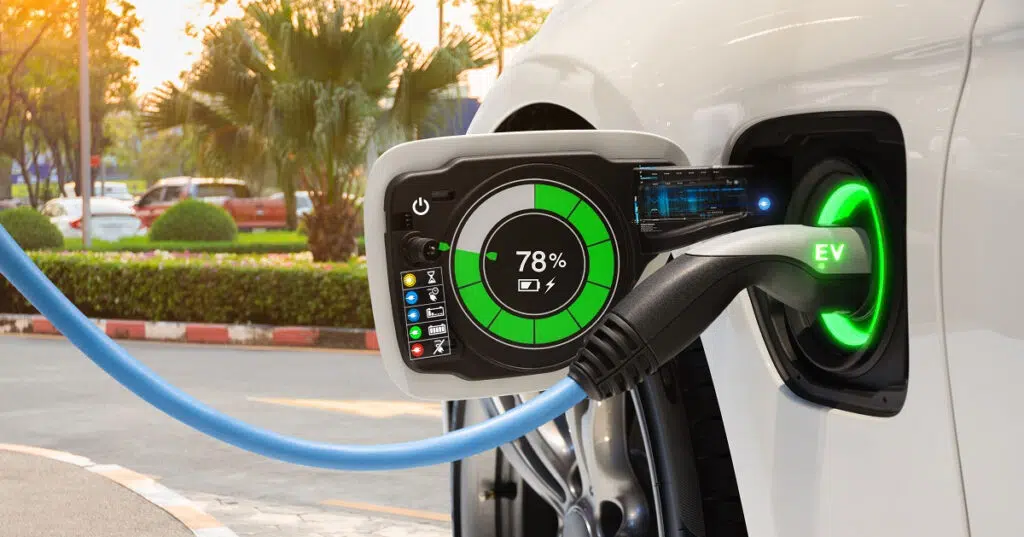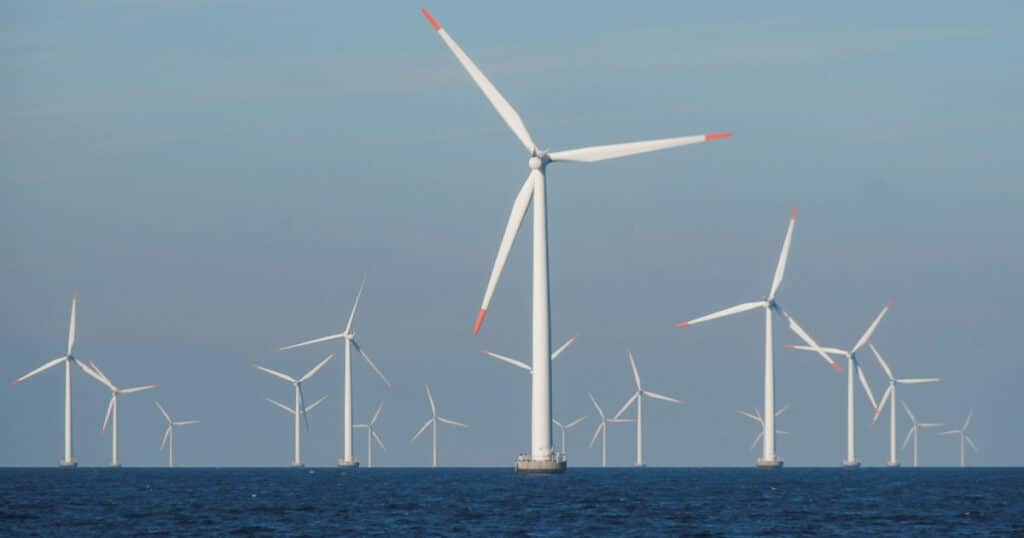
Cal Gov. Newsom Helps Sink Ballot Measure To Impose New Tax For EV Subsidies
In a state known for implementing nation-leading green energy policies, but also its willingness to soak wealthy residents with added taxes when the needs arise, 59 percent of voters Tuesday just rejected a ballot measure that would have have raised taxes on millionaires to help the government provide added subsidies for people to purchase electric vehicles.
Californians opposed to Proposition 30 — including Gov. Gavin Newsom, usually the one sounding the trumpet for new eco-friendly initiatives — voted down the proposal, which would have imposed a 1.75 percent tax on Californians earning more than $2 million a year, about 35,000 of the wealthiest people in the state.
The funds raised by the initiative would have been earmarked for state EV subsidy programs, efforts to build more EV charging stations and bolstering the ranks of state firefighters.
Although polling early in the election cycle showed strong support for the initiative, approval ratings waned closer to election day.
An ad with Newsom calling the measure a “Trojan horse that puts corporate welfare above the fiscal welfare of our entire state” spurred on the initiative’s opposition and played a major role in the final outcome.
That said, Newsom’s opposition to Proposition 30 both surprised and confused voters, since over the last several months, Newsom signed a new state mandate to stop adding carbon dioxide to the atmosphere by 2045 and championed regulations that will ban the sale of new gas-powered cars by 2035.
Nevertheless, he blasted the measure as a publicly funded handout for ride-share companies including Uber and Lyft, which will need to comply with a regulation requiring that they log 90 percent of their overall drivers’ miles in electric vehicles by 2030.
Contributing nearly $48 million through an independent expenditure committee, Lyft bankrolled the bulk of the Yes on 30 fundraising, although Prop. 30 did not contain any specific carve-outs for Lyft, though it would have made it cheaper and easier for many potential owners to buy electric vehicles.
In opposing Prop. 30, Newsom aligned himself with the California Republican Party, Teachers Association and Chamber of Commerce. He was joined by some of his biggest political donors, such as Netflix CEO Reed Hastings and Mark Heising, founder of a San Francisco-based investment company, who offered added millions to defeat the measure.
The governor proclaimed the measure amounted to corporate welfare, a characterization supporters of the proposition, including Lyft, the California Democratic Party and environmental groups, called inaccurate.
Mary Creasman, CEO of California Environmental Voters and a member of the campaign supporting Prop. 30, told CalMatters Newsom’s role contributed to the measure’s demise “100 percent.” She also blamed the “No” campaign for what she said were “lies” about what the ballot measure would do.
Specifically, Creasman said the suggestion, made by Newsom and in many No on 30 ads, that Prop. 30 would have specifically benefited Lyft was false. The measure, she continued in the CalMatters report, could have helped the rideshare company meet some of the state’s vehicle electrification mandates by subsidizing zero-emission vehicles and expanding charging infrastructure in general, not by providing money to Lyft directly.
Prop. 30 “had a record number of billionaires against it, it had complete falsehoods thrown at it, and it had the most popular Democratic leader in the state against it,” Creasman said. “And we still got 40% of the vote.”
According to a state legislative analysis, Prop. 30 tax would have raised between $3.5 million and $5 billion annually.



